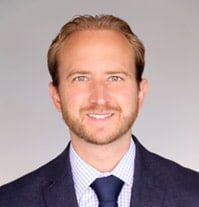A Drug Free Chapter for Kensington Requires More Than Just Law Enforcement
August 12, 2024 3 mins read
Related Articles
How to Navigate the Holidays and Recovery with Healthy Boundaries
The holidays can be a joyful yet challenging time, especially when balancing celebration with recovery....
Navigating Alcohol & Substance Use Disorders During the Holidays
Alcohol use disorders (AUDs) are the most prevalent of substance use disorders worldwide (Pubmed). These...
Join our Newsletter
Newsletters Updated Quarterly
Download Our Newsletters & PDFs
